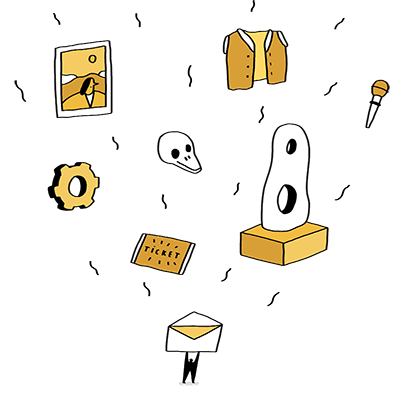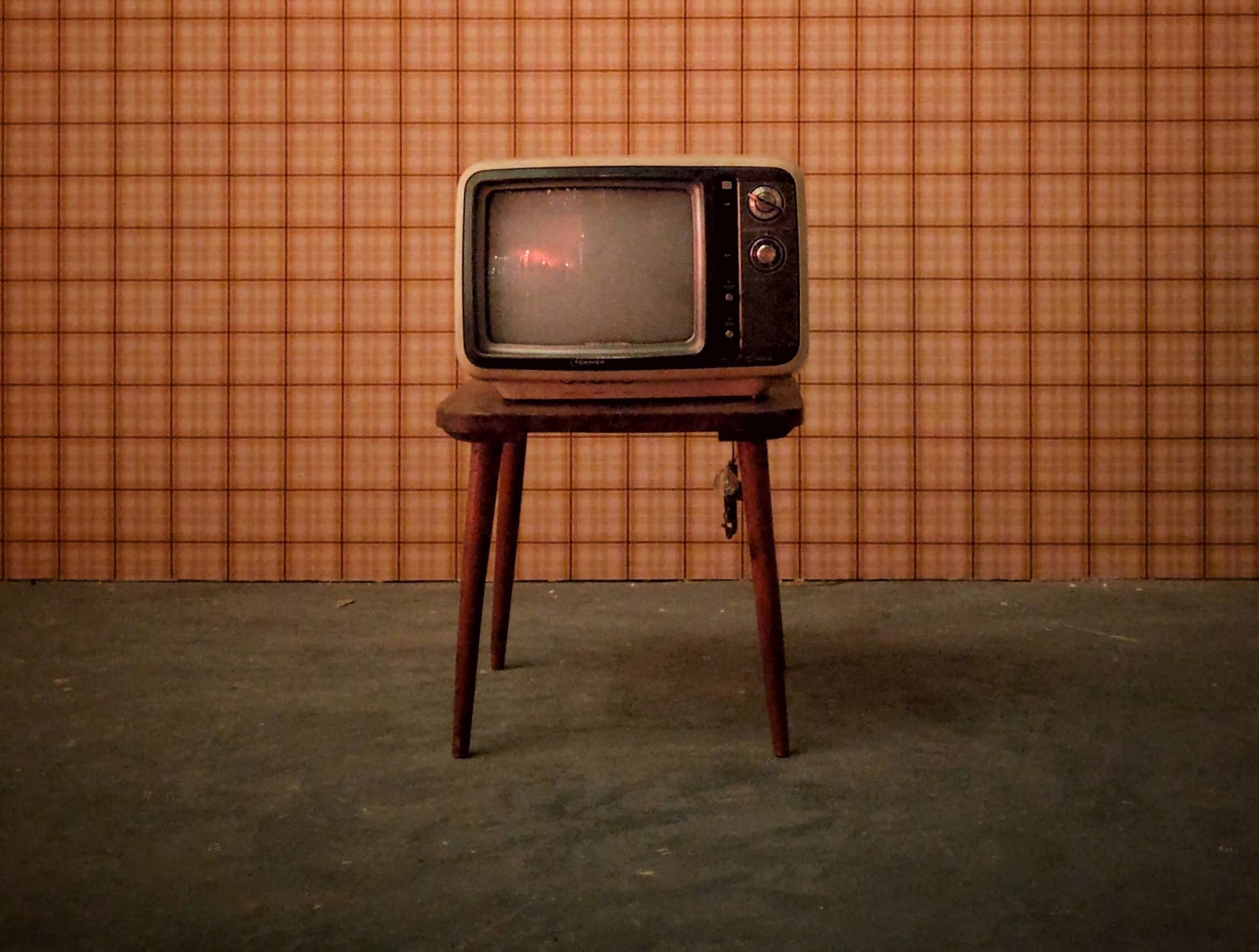Michael thinks it’s time to be honest with ourselves, to admit that even great theatre doesn’t always translate well to the small screen. Do you agree?
Theatre makes terrible telly
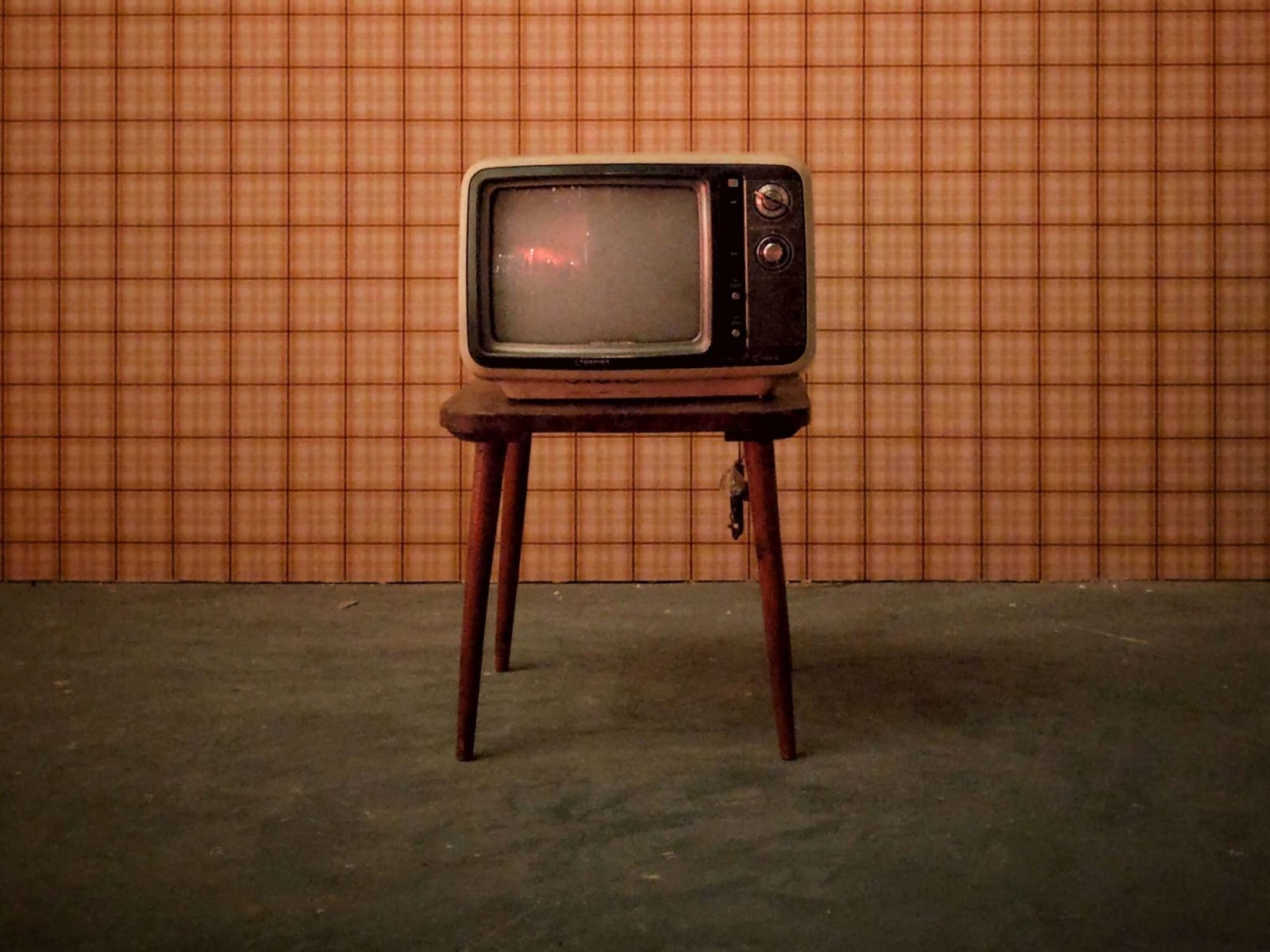
Theatre makes terrible telly.
I know that nobody wants to admit it; I dearly wish it wasn’t true. But it is.
And if we keep pretending it isn’t then we’re only fooling ourselves (and alienating potential audiences).
Don’t get me wrong, I love the theatre. In less lock-downy times I would be at some kind of live production two or three times a week.
When the theatres shut I was devastated but also genuinely excited to see all of the productions appearing on streaming lists; there were lots that I’d missed on stage. I assumed I’d be fixed in front of the small screen, via YouTube, iPlayer or one of the numerous online channels. I haven’t been.
I’ve tried, I’ve forced myself to sit through a few. But it seems that (at least from my perspective) you can’t just film a stage show without losing its essence. TV is a different medium, a different lexicon, a different experience.
Live performance is exactly that. It’s the live that makes it special – being there, in a space, experiencing people performing.
Great shows are expansive, visceral, beyond the field of view. Not contained in an illuminated box, competing for attention and easily paused.
Sometimes (all too rarely in my opinion) it kind of works to watch theatre at the cinema because of scale and the weirdness of sitting in the dark with strangers.
But telly is different (certainly not better, just very different).
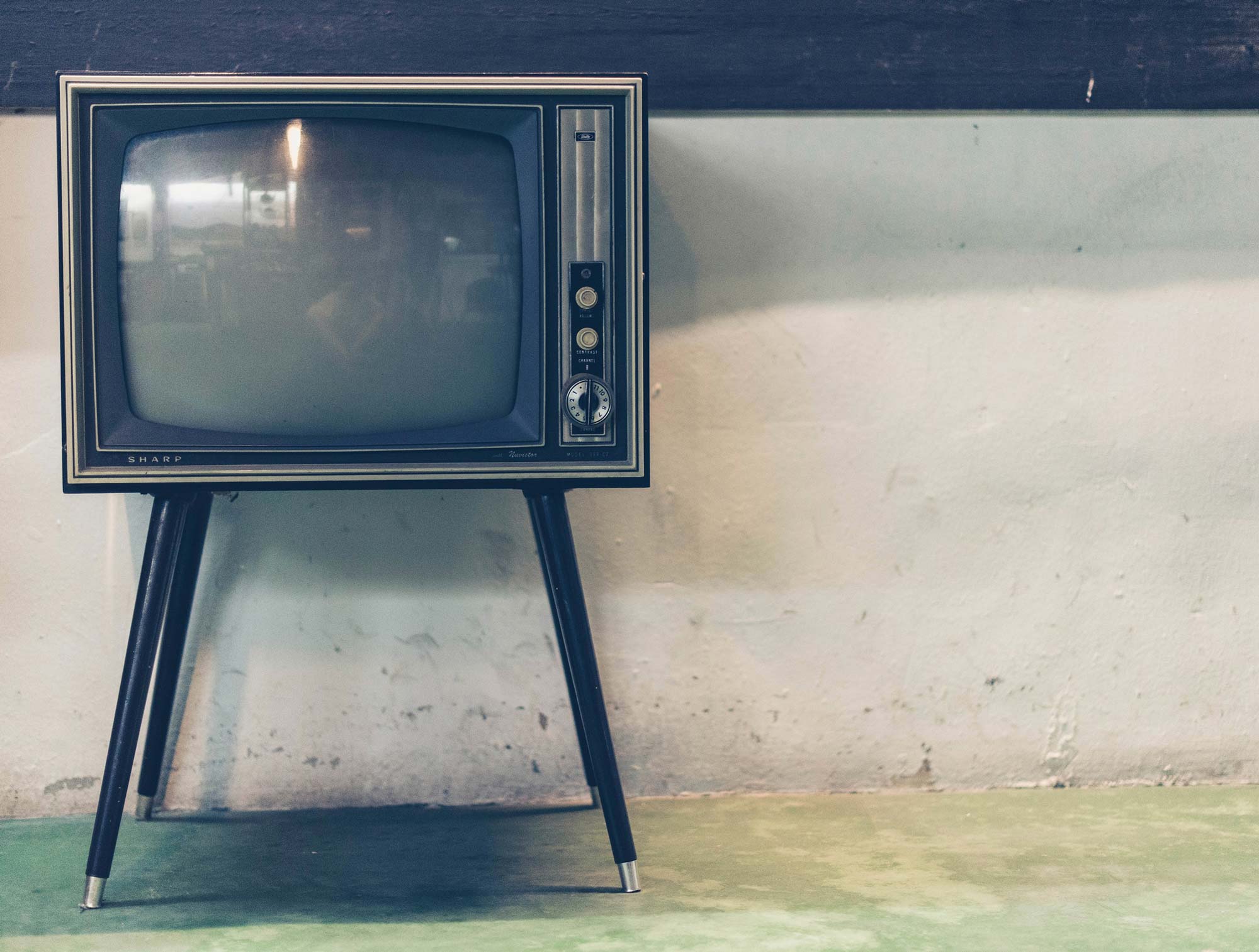
Photo: Sven Scheuermeier, Unsplash
What you forget, if you go to live shows fairly frequently, is the total artifice of it all.
Somehow you buy into it; you accept the conventions and revel in the breaking of them.
And then one day you’re at home, sitting on the sofa beside people who don’t consider themselves ‘theatre people’ (but are prepared to give it a go).
Tonight it’s your viewing choice.
You’ve fought against the cynicism; you’ve explained how much you love the show you’re about to see.
“Yes, it is theatre. No the men won’t be wearing tights”.
They won’t be wearing tights will they?
You talk about how James Graham has captured a moment in parliamentary history that resonates profoundly in today’s political climate, or…
…how this production allows Christoper Eccleston to embody the tragedy of the Scottish King with such an immediacy that the language feels perfectly of our time, or…
…how you’d never taken Tom Hiddleston seriously until you’d sat feet away as blood dripped from his Coriolanus.
You press play, sit back to welcome your household into the world of theatre, and…
Oh God, it’s just crap telly.
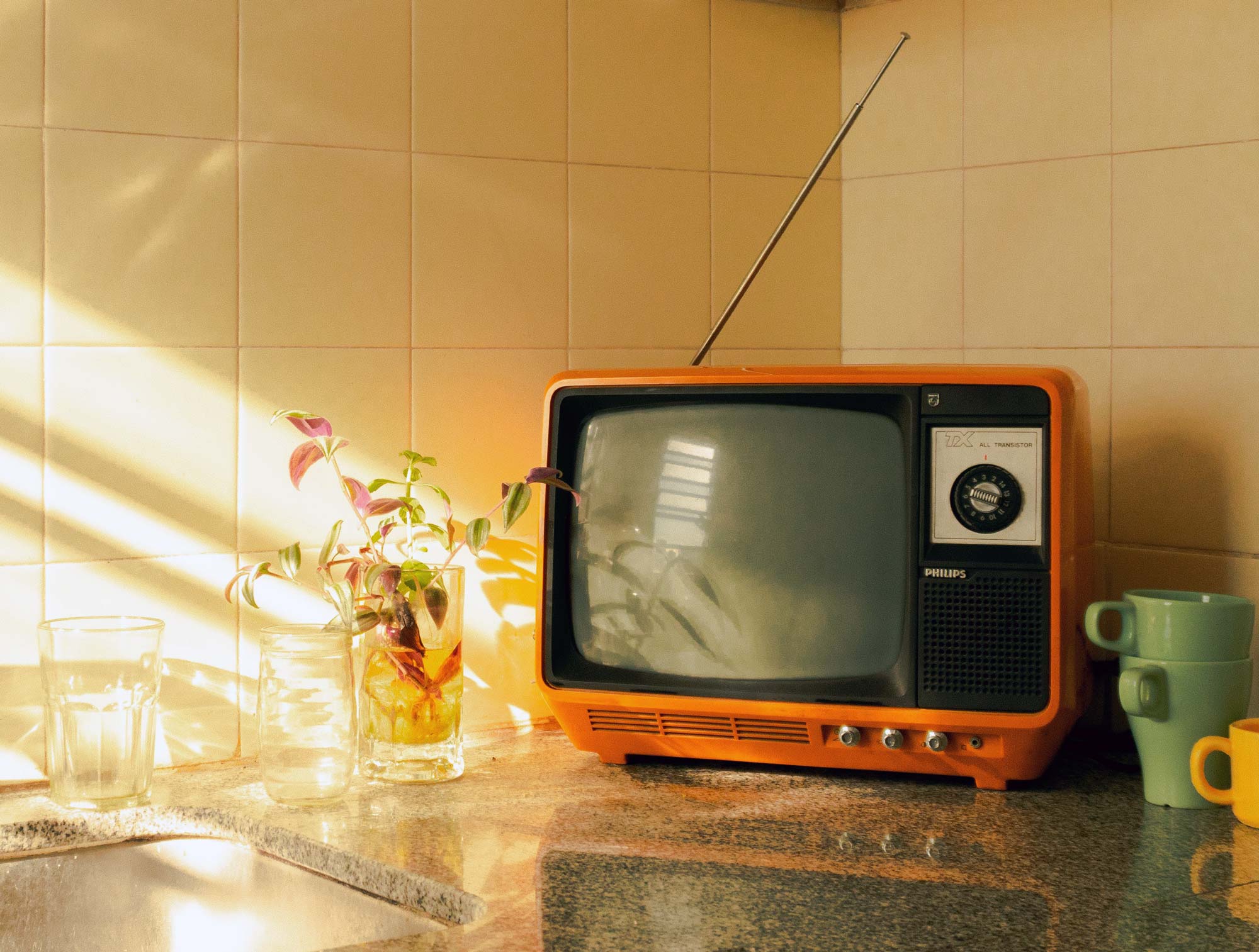
Photo: Francisco Andreotti, Unsplash
The televisual language is all wrong.
You shuffle in your seat. You put on a brave face, pretending to like it.
Someone in the room mutters, “Why is everybody shouting?”
But the actors keep bellowing at each other; their movement is exaggerated; the lighting is brutal and overblown; sound booms in and cuts out, there’s clattering and footsteps. The staging is ‘clever’ but the stage contains the players at fixed sizes, fixed distances; the camera work feels so clumsy, even when it’s weaving around them.
And the audience. God the audience are infuriating – coughing, sneezing, and laughing uproariously at the least funny thing. Are audiences really like that?
Twenty minutes in and your sofa-mates are more than shuffling, they’re scrolling through their Instagram, or gone to the loo, or fetched some beers from the fridge.
“Honestly”, you explain, “you’d have loved it if you’d been there”.
But they are unconvinced.
You turn it off and turn it over, and you settle in to watch second rate drama or ‘reality’ TV that somehow feels more properly made in the language of telly (with its zooms, close-ups, cut-aways, and establishing shots).
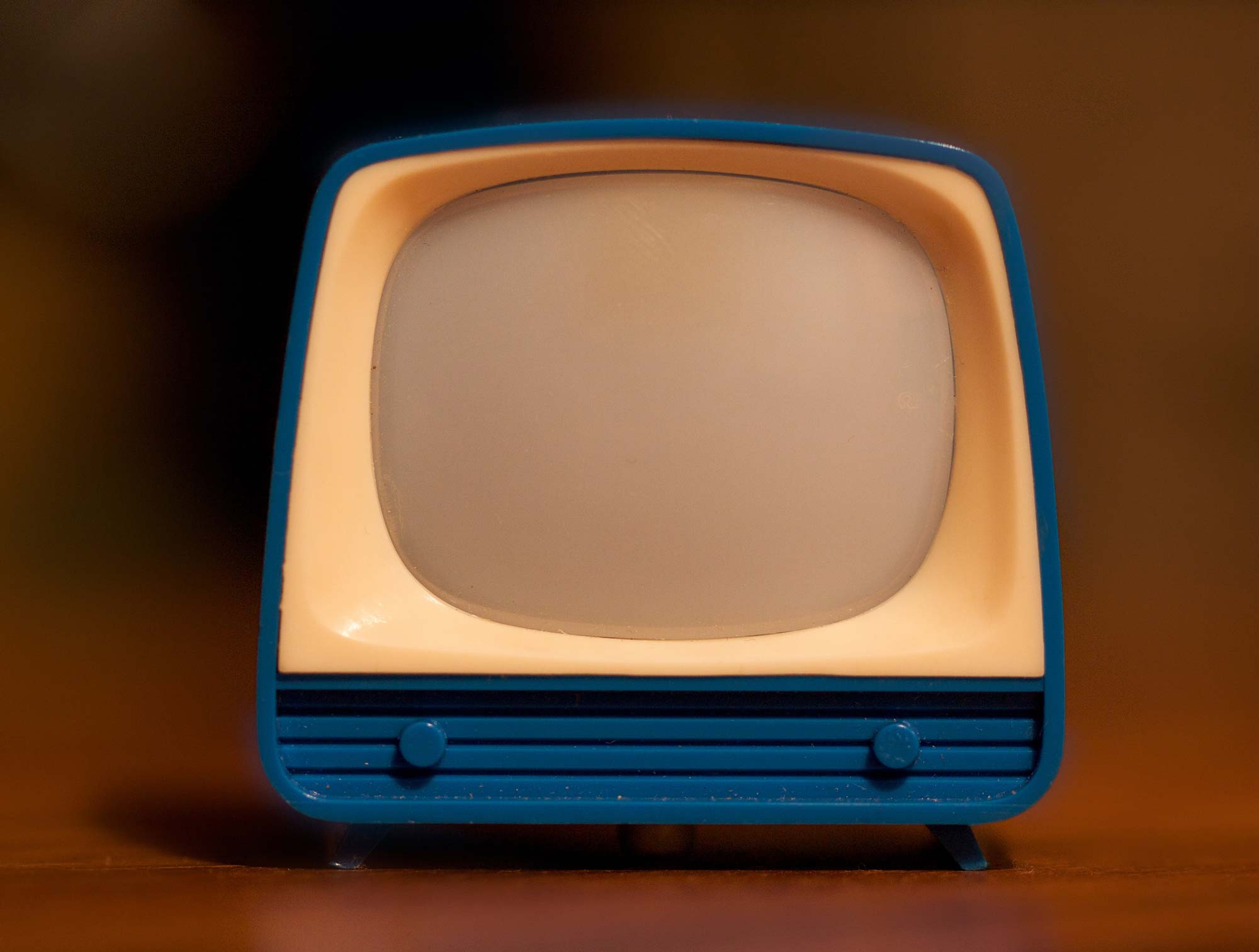
Photo: Paolo Chiabrando, Unsplash
You’ve lost them.
Theatre has lost them.
They will never understand why anyone would pay all that money (and give up all of that travel time) to see a less good version of the stuff they get for ‘free’, every night.
And that is the tragedy.
They will never know how truly life affirming, perception shifting and totally engrossing good theatre can be. They will never sob into their sleeve at a single turn of phrase, or emerge into the dark a different person to the one who went in from the light.
And they’ll never campaign to protect public subsidy, or support a local venue through their membership, or donate to a campaign for more open access.
Of course, it doesn’t have to be that way. Actors, directors, producers, companies are reinventing their performance, specifically for the medium…
I’ve been part of some great live and filmed events, via Zoom (thanks to Forced Entertainment and to Fuel for those),
And when theatre makers reinvent their performance, with a small screen in mind, the results can be incredibly powerful (see Ross Sutherland’s The Lost Episode on BBC iPlayer for a great example).
I’ve loved being exposed to short-form, single-person plays on YouTube. I guess they’ve always been there but I wouldn’t have found them in different times.
It doesn’t look like I’ll be in a theatre any time soon, so I am excited to see how our endlessly inventive sector will reimagine the theatrical form for ever smaller screens.
But, masterful though his performance really was, on stage, please don’t ask me to watch James Cordon’s One Man, Two Guvnors on my telly again.
